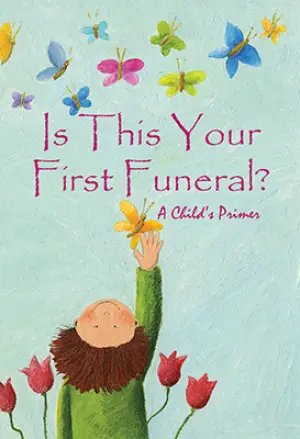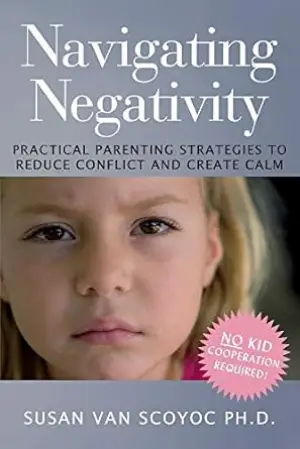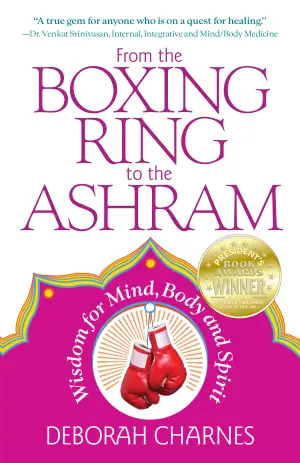Stardust Family: A Dystopian Journey Through Love and Longing
When I first stumbled upon Stardust Family, I was immediately intrigued—not merely by the whimsical title but by the striking premise that promised both depth and emotion. Written by the talented author whose storytelling deftly weaves together elements of dystopia, this manga pulls you in from the very first page. After receiving a review copy from the publisher via Netgalley, I couldn’t resist plowing through its impressive 450 pages. Much to my delight, it turned out to be a gripping adventure I simply couldn’t put down.
At its core, Stardust Family explores a world where parenthood is not a given right but a privilege earned through rigorous testing and inspection. Imagine a reality in which a "child inspector" evaluates potential parents—not just their readiness but the very essence of their worthiness. This chilling concept sets the stage for Hikari, our protagonist, whose journey begins amidst the stringent scrutiny of hopeful parents. The complexities of morality and systemic injustice are tangible, as we witness the emotional toll on families deemed unfit, despite their genuine love and longing for children.
This manga excels in character development, particularly with the couple at the heart of Hikari’s inspection. Initially, I braced myself for a representation of “bad” parents, but instead, I found myself enamored by their genuine kindness and resilience. As the layers of their story unfold, we discover their struggles and the myriad of obstacles that have led them to this final test. Their earnest desire to be parents is undeniably touching, a reminder of the strength of human determination even in the face of unfair societal constraints.
Hikari himself is a beautifully layered character, burdened by his own past and the ghosts of childhood traumas. He grapples with a yearning for family—a narrative that resonated deeply with me. Each page reveals snippets of his painful history, contrasting sharply with the love he witnesses in the families he inspects. The emotional weight of these moments hit hard, particularly as the narrative touches on themes of violence and abuse that have shaped Hikari’s experience.
The pacing of Stardust Family kept me irresistibly hooked. Every twist and turn felt like an invitation to peel back another layer of this intricate world, where the arrival of a meteor had irrevocably transformed society. The juxtaposition of the surreal beauty of the art alongside the heart-wrenching themes was striking—an artistic choice that enhances the emotional gravity of the story.
The closing chapters had me in tears, especially when certain revelations came to light. Those moments felt like an emotional release of all the tension built throughout the narrative—a testament to the author’s ability to elicit such profound reactions.
In conclusion, I wholeheartedly recommend Stardust Family to anyone who enjoys a blend of science fiction, emotional depth, and rich character exploration. This manga is not just a story but a contemplative look at what it means to love and to belong. If you’re seeking a reading experience that will linger in your heart long after the final page, then this book is a must-read. Personally, it’s a journey I won’t soon forget—a beautiful escape that has left me reflecting on the bonds of family, chosen or otherwise.
So, grab your copy, and prepare to be enveloped in a world where stars collide and destinies intertwine; you won’t be able to stop yourself from yearning alongside Hikari and those he meets. Happy reading!
Discover more about Stardust Family on GoodReads >>






